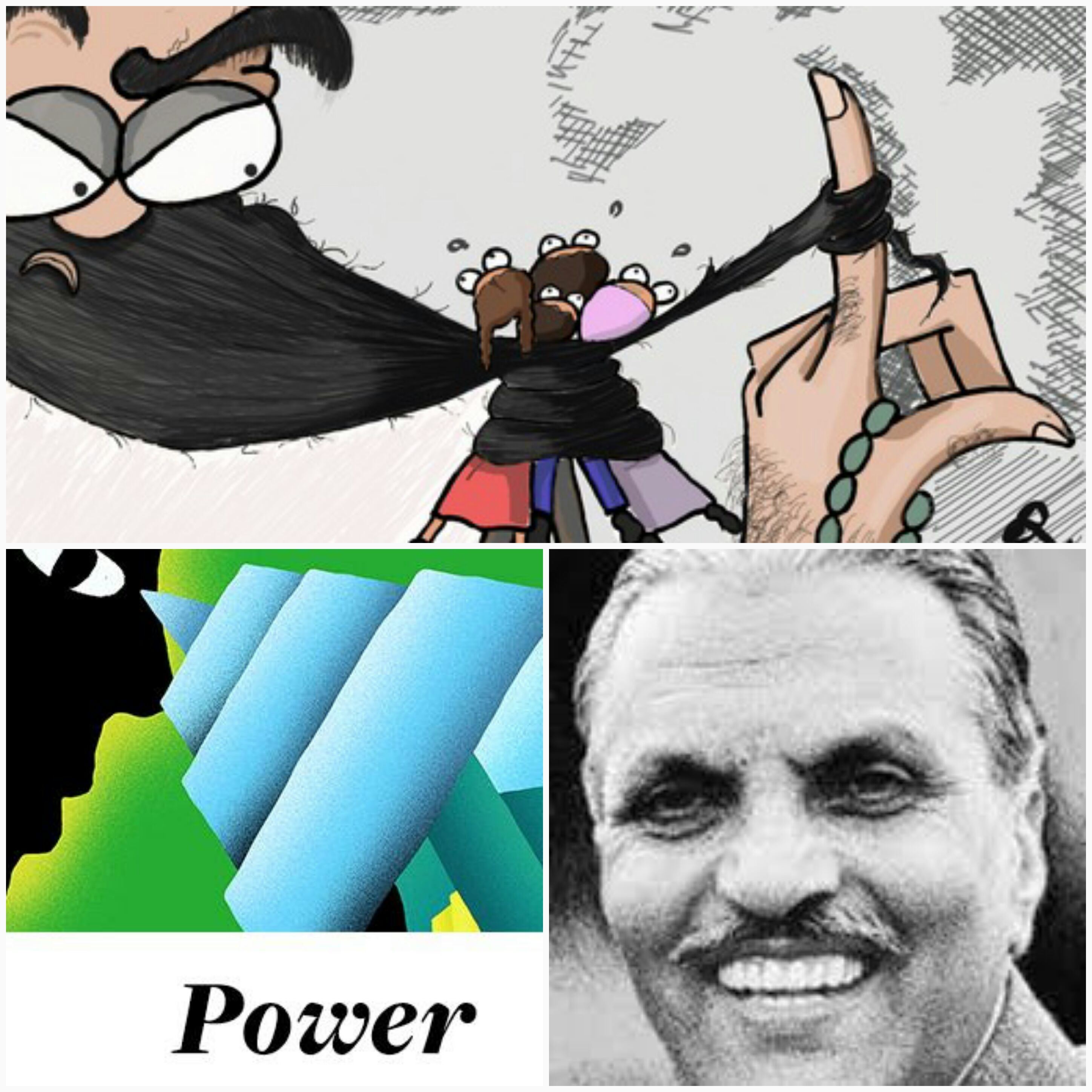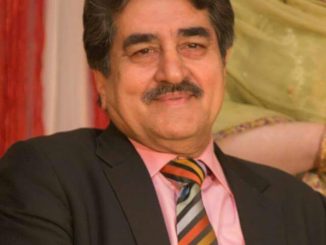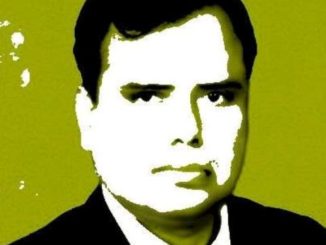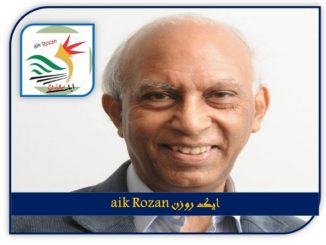
Nothing’s more Thorny than Political Religion
by, Ayesha Bajwa
Every new day in Pakistan these days rises with some of the intermittent discussions like ‘‘why Pakistan was established?’’, ‘‘did Quaid-e-Azam envision a secular or Islamic state?’’ and there comes in an emerging debate that ‘‘how Islam, which is a religion of humility, peace and compassion can be transformed to legitimise violence?’’
Since the inception of Pakistan as a state for the Muslims of British India in 1947, religion has been dominating over other identities like ethnic, common, social, religious, class, and linguistic lines. Civil and military leadership used religion as a tool to legitimise their rule and as a device of state arrangement, fortifying the part of religious parties in politics and society.
The one and only political party that strived for a separate homeland for British Indian Muslims “All India Muslim League” ignored all geographic and socio-cultural differences among the Muslims. Instead, they depended on religion to be a sufficient reality for formation of a new state. Nevertheless, most of the Muslim League leaders, including Jinnah, were liberal-minded. On the other hand, Muslim religious leaders particularly from JI and JUI had conflicted with the idea Pakistan.
For the success of any movement all possible means are used which include some temporary and a few permanent ones. In Pakistan movement religion was a temporary tool to organise and mobilise the people.
If Mr. Jinnah envisioned an Islamic state then how could he choose a Communist leader to write the manifesto of Muslim League and a non-muslim as a law minister?
It might show that religion was a temporary tool selected to ensure the success of the movement. The exploitation of religion that started at that time still exists today in its worse form. Past politicians who had preached religion but not truly believed or practised had taken out sacred aspects of religion with their hypocritical actions to get support from citizens who had strong beliefs.
However, they were to change their narratives after Partition. Soon after the creation of Pakistan, these religious groups who had been against it started propaganda for the country’s Islamization and emphasised on the adoption of Islamic laws into the then future constitution. This launched the battle between liberals and Islamists. Religious group Jamaat-e-Islami (JI) and its founder Maulana Sayyid Abul-Ala Mawdudi played an important role and left their mark on the country’s politics.
Not only the religious leaders but by every leader of this country, religion was exploited to prolong their tenures. Ayub Khan laid the foundation of Department of Auqaf and made Maulvis caretakers of Masajid all over Pakistan. Yahya Khan made the Nazriya-e-Pakistan Trust and its information minister Nawabzada Sher Ali Khan declared Pakistan Army the protector of the geographical and ‘ideological’ frontiers of Pakistan.
Zulfiqar Ali Bhutto declared Pakistan an Islamic Welfare Democratic State. When a movement started to topple his government, given the name ‘Nizam-e-Mustafa’ after it was hijacked by religious parties, Bhutto countered it by declaring Friday as a holiday and banning the sale of liquor. Then it came to a worst so far with Zia-ul-Haq. With Zia came Majlis-e-Shoora, Shariat Courts, Shariat Council, Hadood Ordinance and a “Jihad” to further US interests in the regions after the invasion of Afghanistan by the Soviet Union.
Since 1980s, after Pakistan’s intrusion in facilitating the mujahideen to war against the Soviets in Afghanistan and the Pakistani armed forces proceeding with support for religious groups, religion has taken a radical hand over Pakistan. Today, Pakistan seems to develop an inside for worldwide Jihad and in addition the primary safe house for Taliban contenders at war with U.S led forces in Afghanistan following the title name of Joshua Kurlantzick’s book “A great place to have a war”.
Pakistan likewise confronts its own flimsiness and brutality is focussed on the state. The killings of Punjab’s governor and the minority minister in 2011 elevated worries over the risk postured by religious fanaticism. The May 1, 2011, killing of al-Qaeda’ Osama Bin Laden compound by the U.S. in a Pakistani town prompted to crisp worries over retaliatory assaults on Pakistan by Islamist terrorist groups.
Babar Ayaz in his book stated that “today people claim Pakistan was created for Islam. There is a difference between creation for Islam and creation for Muslims. We exploited Islam and after 1948, Pakistan created the largest number of extra military armed groups (Jihadis),” he said. He said religion was not dominant in the Pakistan Movement as even the communist party of India supported the creation of Pakistan.
Same situation is with our religious parties. The president of Jamiat Ulema-i-Pakistan (JUP) Pir Ijaz Hashmi criticised other religious parties for seeking votes in the name of Islam and forgetting their promises made during election campaign after reaching the Parliament. The slogan of Nizam-e-Mustafa was raised only to reach Islamabad (power corridors) and then the promise for implementation of the Islamic system was forgotten against the bait of a couple of ministries.
I think it’s a never ending debate where everyone has its own point of view. These problems were discussed, being discussed today and will be discussed but it’s very difficult to bring them to any solution as everyone has their own point of view about it. The solutions of some problems possess a bigger problem in them. Religion and political system of Pakistan is one of them.





1 Trackback / Pingback
Comments are closed.